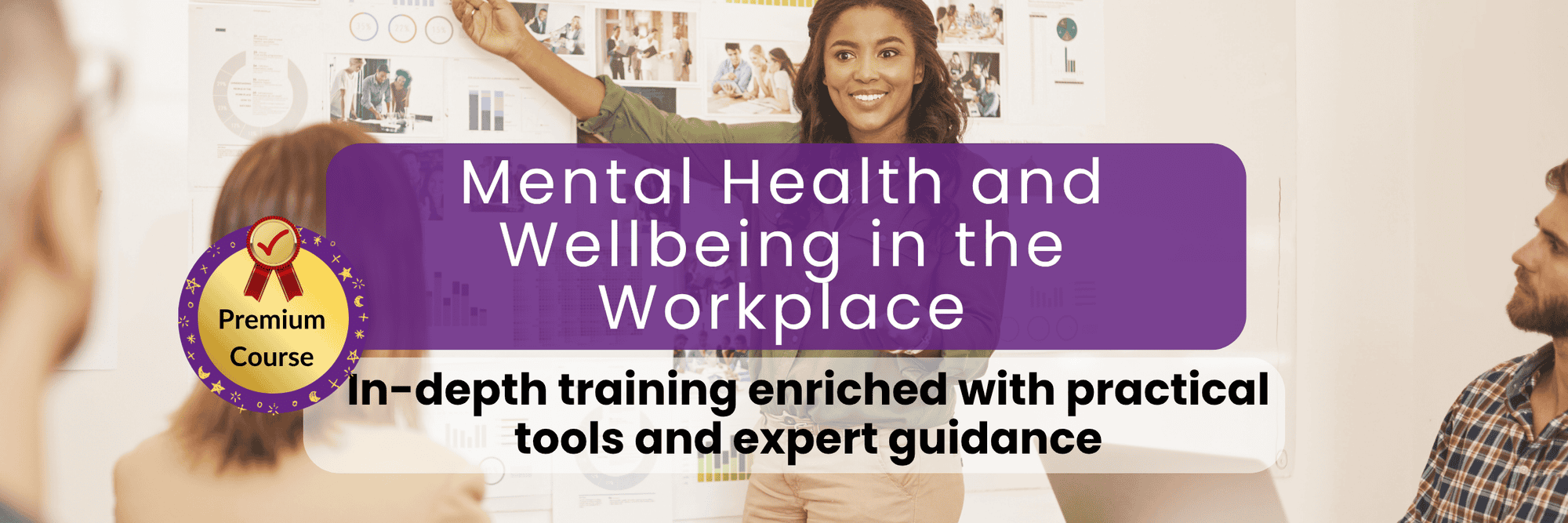
Mental Health and Wellbeing in the Workplace
What's included:
- Complete self-paced learning (study at your own speed)
- Certificate of completion
- Free digital wellbeing guide
- Community access and resource library
- Practical tools and real-world applications
102 Lessons
Welcome and Introduction

About MHScot and the Team
Meet the team who are on hand to support your learning throughout the course.

Introduce yourself
We encourage you to introduce yourself and share your background and intentions for using mental health skills within a supportive community forum.
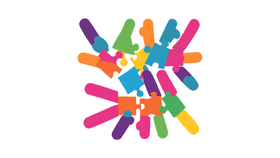
Collaborative Learning
We highlight the benefits of collaborative learning by encouraging you identify study partners and engage in meaningful discussions to improve your understanding and growth.

Learning Platform User Guide
Set up your profile and explore the platform's features to engage fully with the learning community and enhance your experience.

Community Forum
Join the Community Forum to share your insights and engage in discussions, enriching both your learning experience and our community.
Foundations of Mental Health and Wellbeing - Minimum module completion time: 30 minutes

Module 1 - Foundations of Mental Health and Wellbeing
Minimum module completion time = 40 minutes

Looking After Your Mental Health
Animated video promoting everyday ways to look after your mental health and wellbeing, part of the NHS Scotland “Ask, Tell” series.

What is Mental Health?
Mental health impacts our well-being, stress management, learning, work, and contributions to society.

The Impact of Poor Mental Health
Poor mental health affects daily life, work, education, physical health, family, and can worsen stigma.

Mental Health Stigma
Stigma in mental health includes public, self-stigma, label avoidance, and structural barriers to support.

The Effects of Stigma
Stigma causes shame, isolation, reluctance to seek help, and barriers to employment, worsening mental health.

Coping with Stigma
Overcoming stigma involves seeking help, educating others, joining support groups, and separating identity from diagnosis.

Reducing Stigma
Breaking mental health stigma: Understanding its impact on families and promoting acceptance through support

Mental Health Statistics
Decades of investment failed; addressing societal factors is key to improving mental health outcomes.

Quick Knowledge Quiz
Test your knowledge with a quick quiz.

Foundations of Mental Health - Reflective Practice
Reflect on what you've learned in this module.
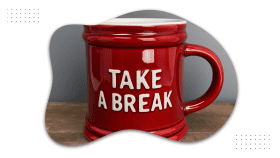
Take a Break (Only If You Need To)
Optional mindfulness audio to pause, breathe, and reset — use it if it feels helpful right now.
Understanding and Identifying Poor Mental Health - Minimum module completion time: 25 minutes
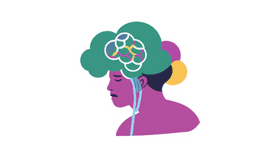
Module 2 - Identifying Poor Mental Health
Minimum module completion time = 25 minutes
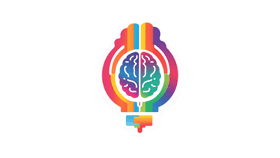
Mental Health Continuum
The Mental Health Continuum shows how mental health fluctuates, affecting everyone, diagnosed or not.

Mental Health Continuum
A comprehensive overview of mental health as a spectrum.
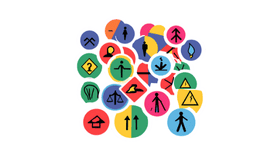
Mental Health Risk Factors
Recognising mental health risk factors like trauma, stress, isolation, and stigma helps foster supportive interventions.
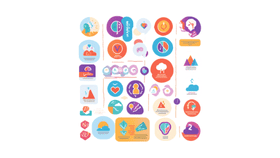
Early Warning Signs
Recognising early warning signs like fatigue, social withdrawal, and appetite changes can help maintain mental wellbeing.
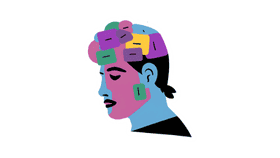
Pathologising mental health
Focus on feelings and circumstances, not diagnoses, to avoid over-pathologising mental health.
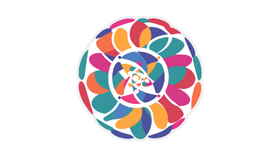
Health Models in Practice
See how different ways of looking at health give you extra, practical options for supporting mental wellbeing - without adding complexity.

Recognising the Warning Signs
Learn to spot mental health warning signs and support those who need help

Quick Knowledge Quiz
Test your knowledge with a quick quiz.
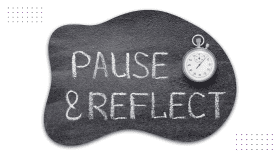
Identifying Poor Mental Health - Reflective Practice
Reflect on what you've learned in this module.
Providing Support and Starting a Conversation - Minimum module completion time: 35 minutes
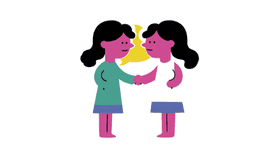
Module 3 - Providing Support and Starting a Conversation
Minimum module completion time = 35 minutes

We All Have Mental Health
Understanding mental health: Keys to maintaining a balanced and healthy mindset.

How to Start a Conversation
Start conversations on mental health by listening, asking open-ended questions, and offering empathetic support.

Starting the Conversation
A guide to having supportive conversations about mental health with empathy & care.
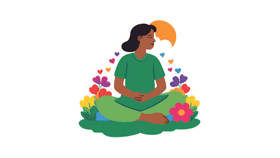
Non-Judgemental Listening Skills
Non-judgemental listening involves empathy, attentiveness, and open body language to create a supportive space.

5 tips on how to start a conversation about mental health
Mental health conversations: tips for starting supportive & meaningful discussions.
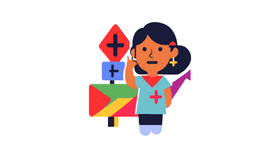
When to Contact Further Help
Know when to escalate concerns and seek help in a crisis. Explore our Resource Library for support strategies.
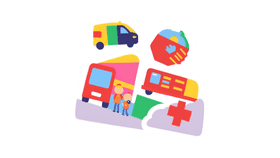
When to Contact the Emergency Services
Call 999, 112 or go to A&E if experiencing suicidal thoughts, self-harm, or severe mental health symptoms. Act quickly.

Having a Healthy Conversation
A support-focused guide to initiating mental health conversations.
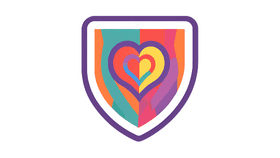
Looking After Your Own Mental Health When Supporting Others
Supporting others starts with taking care of your own mental health and wellbeing.

Quick Knowledge Quiz
Test your knowledge with a quick quiz.
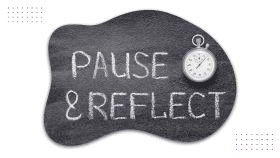
Support and Conversations - Reflective Practice
Reflect on what you've learned in this module.
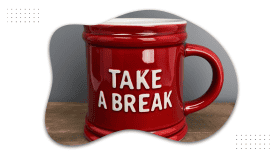
Take a Break (Only If You Need To)
Optional mindfulness audio to pause, breathe, and reset — use it if it feels helpful right now.
Stress - Minimum module completion time: 30 minutes
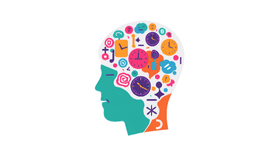
Module 4 - Stress
Minimum module completion time = 30 minutes

Stress
Explains stress - what it is, how it affects us, and simple coping strategies.
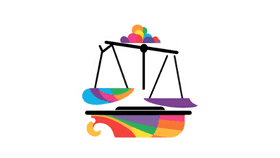
What is Stress?
Stress is the negative response to excessive pressure or demands placed on individuals (HSE).
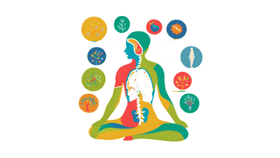
What Happens to our Body When Stressed?
Stress triggers adrenaline and cortisol, raising heart rate and glucose. Chronic stress can lead to illness.

The Upside of Stress
Learn how short-term stress can boost memory, relationships, and community bonds

Some Causes of Stress
Common stressors include work, finances, relationships, health, bereavement, bullying, and moving house.
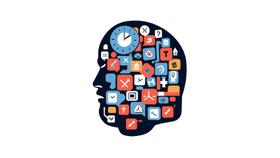
Some of the Effects of Stress
Stress impacts mental, physical, and emotional health, causing anxiety and fatigue. Manage it early.

The Stress Container
Video explains stress container model: how stress builds up & ways to manage it effectively.
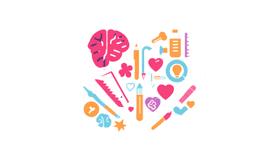
Coping Strategies
Learn stress management strategies, including self-care, healthy coping, and balancing lifestyle habits.

Quick Knowledge Quiz
Test your knowledge with a quick quiz.
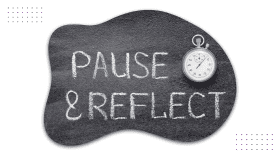
Stress - Reflective Practice
Reflect on what you've learned in this module.
Mental Health Conditions and Behaviours - Minimum module completion time: 90 minutes
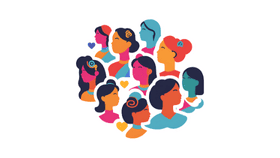
Module 5 - Mental Health Conditions and Behaviours
Minimum module completion time = 60 minutes

Mental Health Terminology
Explore mental health vocabulary to enhance understanding and support for individual experiences.
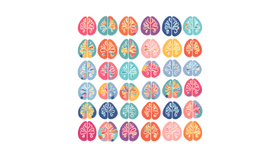
Neurodiversity and Mental Health
Exploring how neurodiversity connects to mental health and the Mental Health First Aider role.

Depression
Explore the differences between feeling depressed and Major Depressive Disorder.

Talking about depression
Nathan, Hannah, Helen, Rishi and Georgina talk about their experiences of depression, including how it feels, what's helped them and how their friends and family can help.
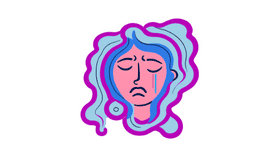
Anxiety
Learn to distinguish general anxiety from anxiety disorders and recognise symptoms for effective support.

A story of coping with Anxiety
When Hannah Wolfe was in 7th grade she had her first encounter with anxiety in the form of a panic attack. She is in her 20's now and continues to struggle with anxiety and panic attacks but has a support system through family and mental health programs.

The physical effects of anxiety
Alex shares his journey with anxiety, panic attacks, and learning to manage mental health.

From Trauma to PTSD - Understanding the Journey
Explore how trauma impacts us and why PTSD is a human response to overwhelming experiences.

What Shapes PTSD? Understanding Life’s Contexts
Discover how trauma is shaped by life experiences, identity, and social context, not just isolated events.
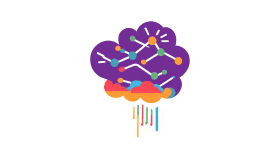
Recognising the Signs: How PTSD Might Show Up
Learn the emotional, physical, and behavioural ways PTSD can show up in daily life and work settings.

Post traumatic stress disorder (PTSD)
Larry, Anamoli, Paul and Maisie share their experiences of PTSD - what it is like to live with it, what has helped them and how they see their future.

Living with PTSD - The Fire Fighters Charity
Hear a UK firefighter share their real-life experiences of PTSD, healing, and the power of support.
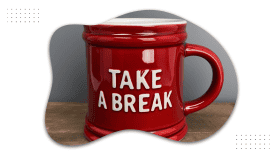
Take a Break (Only If You Need To)
Optional mindfulness audio to pause, breathe, and reset — use it if it feels helpful right now.
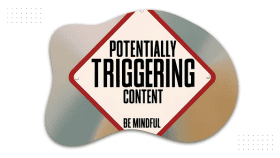
Sensitive Content Alert
Sensitive topic ahead – please take a break if you need to.

Suicide
Learn to recognise suicide risk factors, warning signs, and how to offer empathetic support.

Every Life Matters
Open conversations prevent suicide - Learn how to listen, support & save lives.
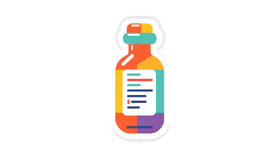
Medication, Consent, and Suicide Risk
Learn key considerations for psychiatric medications, their effects, and supporting informed consent.

Suicide | Talking about mental health
Alicia, Lee, Graham and Miriam talk about what it's like coping with suicidal feelings and how they've learned to manage.

Real Talk about Suicide
Interact with a video on supporting someone with suicidal thoughts, but be aware it may be upsetting.

Access FREE online suicide awareness training
Free and accredited suicide prevention training in UK and Ireland

Quick Knowledge Quiz
Test your knowledge with a quick quiz.
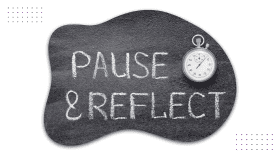
Conditions - Reflective Practice
Reflect on what you've learned in this module.
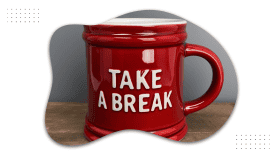
Take a Break (Only If You Need To)
Optional mindfulness audio to pause, breathe, and reset — use it if it feels helpful right now.
Drugs and Alcohol - Minimum module completion time: 30 minutes
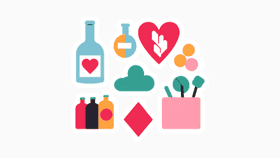
Module 6 - Drugs and Alcohol
Minimum module completion time = 30 minutes

Substance Misuse
Learn about substance misuse, common drug categories, and how to recognise signs and offer support.
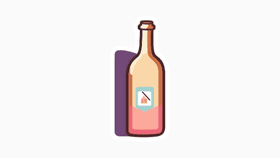
Alcohol Misuse
Explore alcohol misuse, NHS guidelines, and how alcohol interacts with medications for safer consumption.

Self-Medicating
Explore self-medicating, its motivations, risks, and the concept of dual diagnosis in mental health.
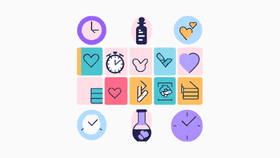
How Drugs and Alcohol Affect Your Mental Health and Life
Learn how substance use impacts mental health, relationships, employment, and overall quality of life.

Two Generations Talk About How Addiction Destroyed Their Lives
Two people, of vastly different ages, discuss a shared experience that impacted their lives, how it affected them and how they dealt with it to ultimately emerge stronger.
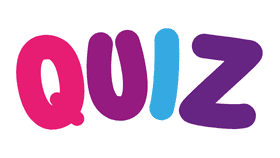
Quick Knowledge Quiz
Test your knowledge with a quick quiz.
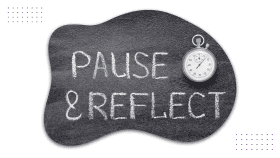
Drugs and Alcohol - Reflective Practice
Reflect on what you've learned in this module.
Mental Health in the Workplace - Minimum module completion time: 60 minutes
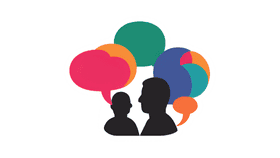
Module 7 - Mental Health in the Workplace
Minimum module completion time = 60 minutes

Factors Affecting Mental Health in the Workplace
Explore how workplace factors like workload, poor management, and lack of support impact mental health.

Legislation & Guidance Overview
Learn key laws and guidelines like the Health and Safety at Work Act and Equality Act to support workplace mental health.

2023/24 HSE Work-Related Statistics UK
Explore 2023/24 work-related mental health stats, with 776,000 cases of stress, depression, or anxiety.

2023 Work-Related Statistics Ireland
A snapshot of mental health in Irish workplaces: absence, presenteeism, and how employers are responding to growing wellbeing challenges.
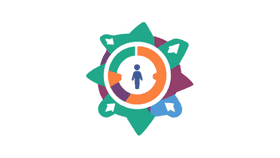
Building a Positive Mental Health Culture - Employers
Learn how to foster a positive mental health culture with action plans, training, and flexible support.

Number one employer for workplace wellbeing 2018/19
Company promotes mental health awareness through training and support initiatives at work

Duty to protect employees from stress in the UK
Learn employers’ legal duty to assess, manage, and document workplace stress risks.

Duty to protect employees from stress in Ireland
Learn employers’ legal duty to assess, manage, and document workplace stress risks.
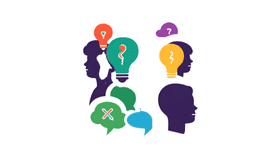
Building a Positive Mental Health Culture - Employees
Contribute to a positive mental health culture by fostering empathy, learning, and maintaining work-life balance.

Positive Mental Health at Work
Acas Senior Adviser Abigail Hirshman talks about the Acas strategy for positive mental health at work.

The Impact of a Positive Mental Health Culture
Discover how a supportive mental health culture boosts morale, productivity, and business success.

Workplace Mental Health - all you need to know (for now)
A guide to improving workplace mental health through communication, support, and work-life balance.
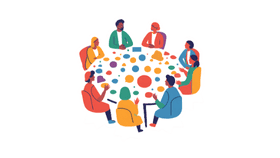
Culture Change Starts with Courage and Safety
How courageous conversations and psychological safety drive real, lasting change in workplace culture.

Quick Knowledge Quiz
Test your knowledge with a quick quiz.
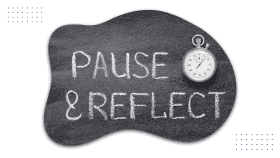
Mental Health in the Workplace - Reflective Practice
Reflect on what you've learned in this module.
The end is just the beginning

Testimonial - How did we do?
Share feedback with a survey or upload a video to tell us how our courses have made a difference.

Share Websites and Information
Share useful websites or tools in the Community or Resource Library.

Connecting and Continuing
Explore MHScot resources to connect, learn, and support mental health, online events, drop-ins, and community tools at your fingertips